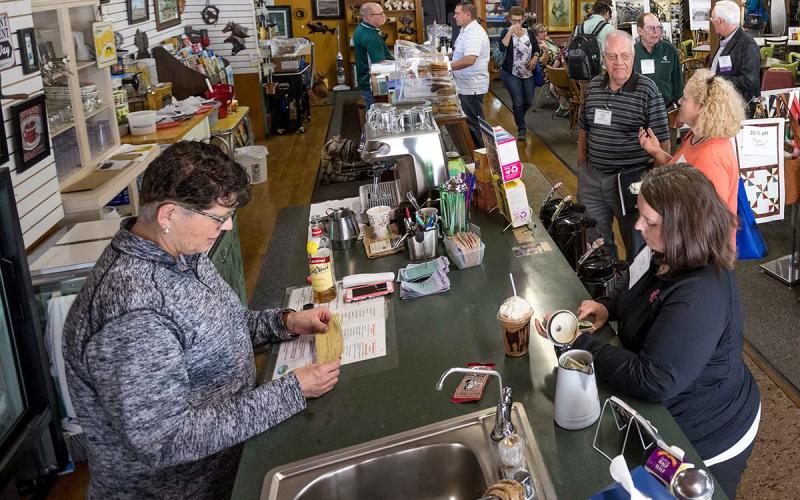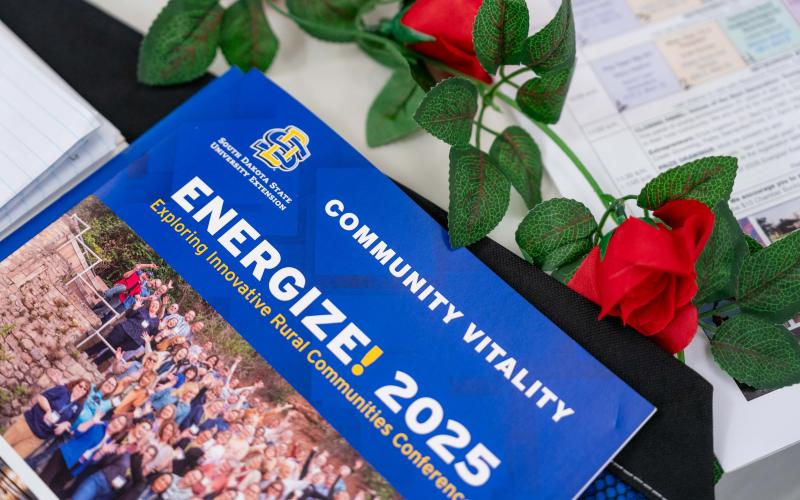At a Stronger Economies Together session held in Midland, SD in March, I asked the question “how many of you live here because of the quality of life?” Nearly everyone in the room raised a hand (I say nearly everyone because I didn’t check each person – but there sure were a lot of hands raised).
So what is it about the quality of life that we so enjoy? Is it that we don’t have to deal with the hustle and bustle of traffic in the city? Is it the peace and quiet? How about the clean air or the access to outdoor recreation? Maybe it is the smaller schools with individual attention and opportunities for each student? One person mentioned that they thought friends and family were closer (relationship) in rural areas.
The elderly population is rural communities is growing at a fast rate. Will rural and small town living be able to make a comeback because families want to raise their children in small towns? How do we share the message of the benefits of living in a rural community?
In a research project “Marketing for Rural Communities” (collaborators include North Dakota State University Center for Community Vitality, SDSU Extension and the University of Nebraska-Lincoln Extension) new residents in two rural communities in each of these states (six communities total) were surveyed to determine the reasons the new community was chosen. Some of the most common reasons given included a simpler pace of life and less congested place to live, closer proximity to relative, and ability to spend more quality time with family.
Is there a way we can market our communities to connect families who looking for the amenities offered by a rural lifestyle? Can we use the information collected in the research study to determine who to target in our marketing and what our message should be?
Not all rural communities are the same. It may be helpful for rural community members to conduct their own surveys with new residents.

